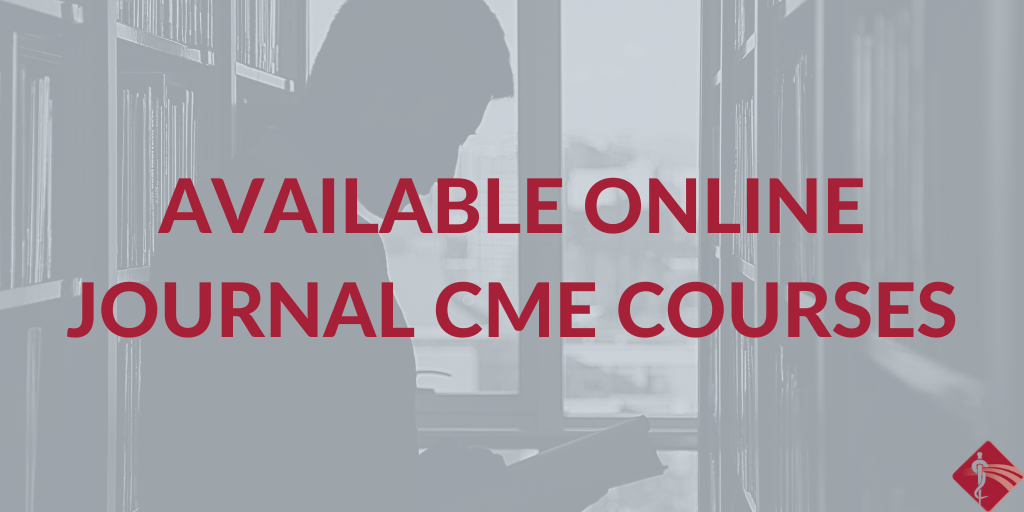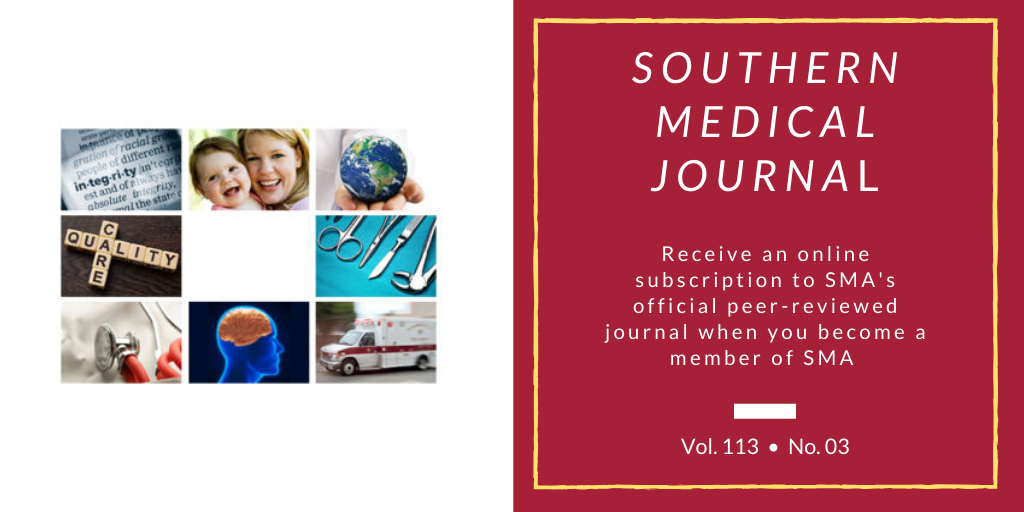Although the United Kingdom is a relatively small country, there can be a sharp contrast in living conditions between its urban and rural areas. But to what extent do health outcomes and healthcare provision vary in these different areas?
The total UK population is just under 67 million, with the population density ranging 100-fold, from 5,700 people per square kilometer in London, to fewer than 50 people per square kilometer in the most rural areas.
For comparison, the population density for US cities tends to be lower. In Houston and Los Angeles - both roughly the same size as London - the density is about 1,400 and 2,900 per square kilometer respectively.
Rural UK areas are very diverse, ranging from open countryside with a scattering of small towns and villages to coastal communities dependent on fishing or tourism, former mining areas and commuter villages.
In both England and Scotland, about 17% of the population lives in rural areas. For Wales and Northern Ireland, the proportion is higher, at 35% and 37% respectively.
In the US, about 19% of the population overall lives in rural areas, just over 60 million people.
On average in the UK, people living in predominantly rural areas have a two-year longer life expectancy and rate their wellbeing as slightly higher than those in predominantly urban areas. But is this higher life satisfaction reflected in the quality of care provided by the National Health Service?
To briefly summarize the NHS: all individuals who are “ordinarily resident” in the United Kingdom are automatically entitled to NHS care, largely free at the point of use. Primary care is provided by a General Practitioner (GP) or nurse, at a local NHS clinic. These staff offer a range of public health services, including vaccinations and check-ups, and act as gatekeepers to secondary care services such as specialists at regional hospitals. About 11% of the population prefer to see private healthcare providers, but all emergency care is provided by the NHS.
About a tenth of the UK’s GDP is spent on the NHS. The majority of this funding comes from taxation, with separate grants given to England and each of the three devolved nations. Each country is free to decide how much to spend on their health service and each has chosen a different structure. A common theme across all is the allocation of most of the budget to local organisations, called Clinical Commissioning Groups or Health Boards, which are responsible for meeting local needs.
In terms of access to primary care, 94% of those in urban areas of England live within a 20-minute walk of a GP premises, but only 19% of those in rural areas. More accessible however, are community pharmacies, which are delivering an increasingly wide range of healthcare services to their nearby populations.
The situation in the remote and sparsely-populated Scottish Highlands was explored in a survey of 3,000 adults. Among those who needed medicine regularly, access was considered good, with 89% reporting that access to their source of medication - whether GP or pharmacy - was convenient for them. However there were issues for those over 80 years of age and living alone, but their barriers to accessing healthcare did not appear to be due to proximity to their source of medication.
An analysis of the state of care in general practice in England in 2017, found a higher proportion of ‘outstanding’ general practices in rural areas and a higher proportion of ‘inadequate’ and ‘requires improvement’ general practices in urban areas. In addition, people in urban areas are more likely to report health conditions linked to air pollution and overcrowding.
The report is published by the Care Quality Commission, the independent regulator of health care in England. They write, “We found examples of practices that have responded well to the challenges of having a low population density in a very rural area and have adapted their practices to meet people’s needs. But similarly, in good and outstanding practices in urban areas, we have found the reasons for higher ratings may be down to how they address local challenges.”
One example of outstanding care in a small rural practice in Cumbria, North West England. They report, “The surgery was embedded in and was an essential part of the local community. Arrangements had been made to carry out joint home visits with district nurses and carers. This provided patients with a more coordinated care service.
“The practice offered a range of compassionate services to address social isolation among its patient population. Many people lived outside the village in very rural areas, for example on isolated farms. Some of the patients had been reluctant to engage with healthcare services in the past. The GPs had overcome this and spent time getting to know these patients.”
Nevertheless, the professional body for GPs in the UK, the Royal College of General Practitioners, explains that there are specific challenges facing general practice and their patients in remote and rural areas. GP practices in remote and rural areas often report difficulties in recruiting enough GPs and practice staff needed to meet the rise in patient demand.
Longer distances to GPs, dentists, hospitals and other health facilities mean that rural residents can experience “distance decay” where service use decreases with increasing distance. Different models of service delivery may be needed for rural areas, for example, working in federations of practices to pool resources, and more services provided on and through the internet.
A number of technological initiatives have been employed to support healthcare delivery for people in rural settings. Telemedicine is often a more convenient, accessible and cost-effective method of providing care for patients, especially those with long term conditions. These services can transform the way in which people can engage in and control their own healthcare.
The NHS’s Long Term Plan, set out in 2019, aims for digitally-enabled primary and outpatient care to go mainstream across the NHS. It states, “Digital technology will provide convenient ways for patients to access advice and care. Building on progress already made on digitising appointments and prescriptions, a digital NHS ‘front door’ through the NHS App will provide advice, check symptoms and connect people with healthcare professionals – including through telephone and video consultations.
“Patients will be able to access virtual services alongside face-to-face services via a computer or smart phone. We will continue to invest in the nhs.uk platform so that everyone can find helpful advice and information regarding their conditions.”
The plan adds that, as technology advances, innovative devices such as smart inhalers and monitors will be trialled. Already, some GPs and nurses are now offering patients the choice of quick telephone or online consultations, saving time waiting and traveling.
GP surgeries usually have nurse practitioners who work alongside the doctors. This group of healthcare staff have had additional medical training in order to provide advanced nursing care and prescribe medication. Their main areas of expertise are in the management of common illnesses and long term conditions. Patients often see a nurse practitioner for complaints such as back pain, joint sprains, conjunctivitis, earache, tonsillitis, sore throat, minor wounds, colds and flu-like illnesses.
A team of advanced nurse practitioners caring for isolated communities in Scotland were featured in the magazine Nursing in Practice last year. In that region of the UK care settings vary from GP practices and patient homes to enhanced community hospitals and urgent care centers.
Lead nurse, Catherine Shaw, heads a Rural Support Team covering a population of just over 80,000 in the north and west Highlands, where recruitment and retention are a struggle.
“In the Highlands, it’s always difficult. But everyone, wherever they are from, is equally invested. You need to be courageous but also sensible to work here. It’s a phenomenally difficult, responsible role to fill. Advanced nurse practitioners might think, ‘I do that already’, but until you do it in a very remote, rural situation, where getting support could take hours, I don’t think it hits home just how much responsibility you have.
“Some of those little communities are hours away from the nearest hospital. With the introduction of the advanced nurse practitioners, we’re now more about keeping people at home, if we can. It may be that previously they would have been taken to hospital, which could be three or four hours away.”
In both rural and urban areas, nurses working at GP surgeries carry out routine wellness checkups. The NHS offers standard health checks for everyone aged 40 to 74, without a serious condition, every five years. It focuses on vascular and circulatory health, and is designed to identify early signs of stroke, kidney disease, heart disease, type 2 diabetes or dementia.
In rural areas, despite greater remoteness from GP surgeries, this initiative can still reach large numbers of the population when GP practices and pharmacies work together to provide the checks, sometimes via local employers, mobile units, or providing them at non-medical locations in the area. Over a million individuals in the UK undertake this checkup every year, and uptake in rural populations is comparable to urban areas due to the flexibility in access.
So does the NHS adequately meet the specific needs, culture and lifestyles of rural and urban populations? It would seem there are many examples of healthcare teams working in ways that respond to the specific needs of people living in different settings.
The NHS is successfully taking a “place-based approach to health needs”, according to a report by the Local Government Association. “The health of people in rural areas is on average better than that of urban areas with higher life expectancy and infant mortality and a lower number of potential years of life lost from cancers, coronary health disease and stroke,” it states.
“However, as the rural population is older, the prevalence of these conditions is higher. Those living in town and fringe settlement types have higher mortality rates than those living in village and dispersed areas. Overall, around one sixth of areas with the worst health and deprivation indicators are located in rural or significantly rural areas.”
Overall, there are fewer NHS staff per head in rural areas than in urban areas, and the population is older than average in rural areas, which has implications for demand for health services. Staffing constraints mean it is not possible to provide fully-staffed specialist services in all locations. Instead there is a “pyramid” of services with fully-staffed specialist services in central - generally major urban - locations.
Rural hospitals are often unavoidably small due to their remoteness, so they can have high cost pressures, as well as longer waiting times and more delayed transfers of care. These pressures on their financial position may be compounded by difficulties in staff recruitment and retention and higher overall staff costs.
There are inevitable trade-offs between the desire to offer equal access to services to everyone, and the financial costs of doing so where economies of scale cannot be achieved. However, centralized NHS funding means that although these hospitals may be in financial deficit, they are rarely closed altogether.
Commenting on the financial position of rural healthcare services, Dr Richard Parish of the National Centre for Rural Health and Care, says, “Over nine million people in the UK live in rural areas, so it is vitally important that we identify the challenges to providing health and care services for them and that we can challenge any imbalance in funding, attention or prioritisation for the benefit of our rural populations.”
Despite all the challenges facing healthcare in remote areas, studies have consistently found higher well-being scores among people in rural areas. In a 2017 study, people living in predominantly rural areas rated their wellbeing as slightly higher than those in predominantly urban areas. They were asked questions on life satisfaction, how happy and how anxious they had been recently, and how worthwhile the things they do are. The difference in ratings was small but consistent across these four measures of wellbeing.
So it would seem that the challenges facing healthcare delivery in rural areas of the UK do not, in most cases, lead to worse outcomes, and in fact can mostly be overcome with good planning and innovation. As we have seen, rural living can lead to a better quality of life, despite the greater geographical distances between healthcare providers.
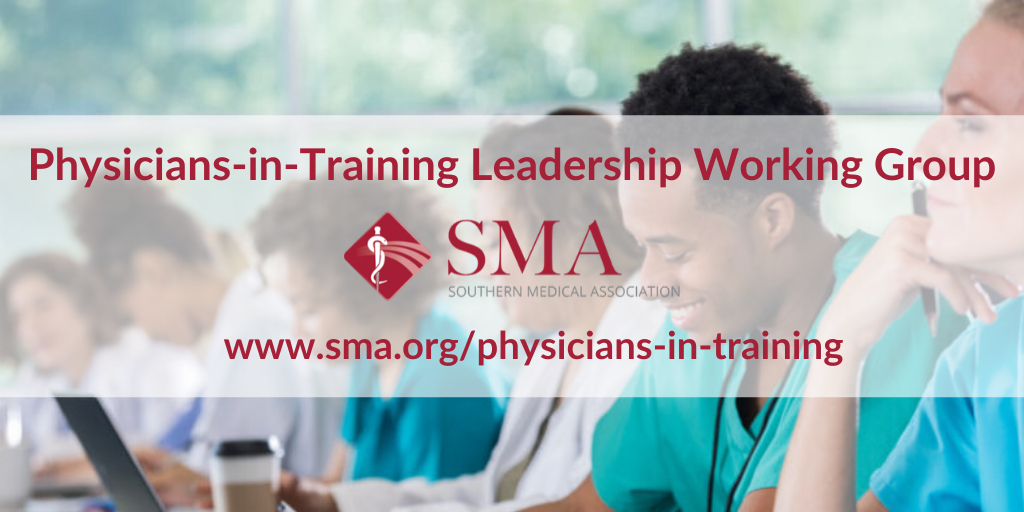


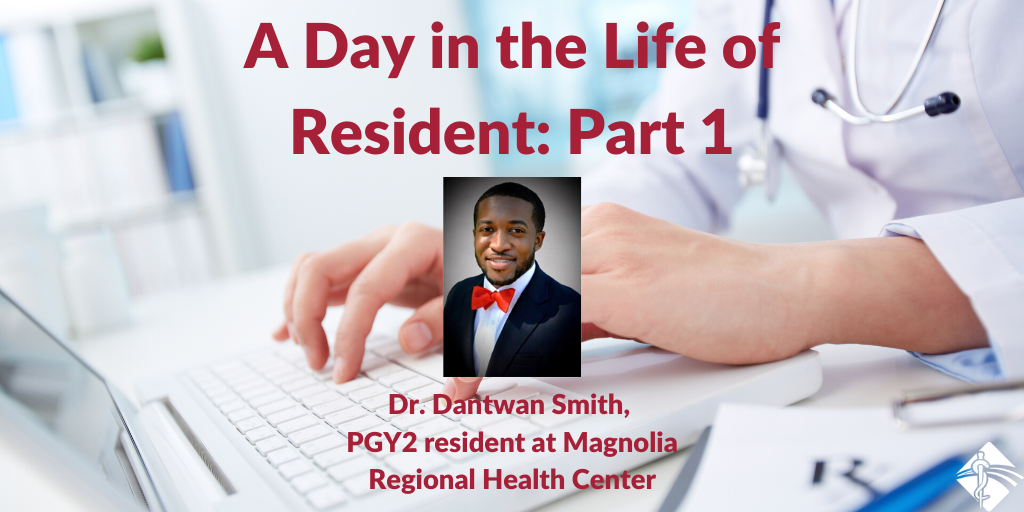
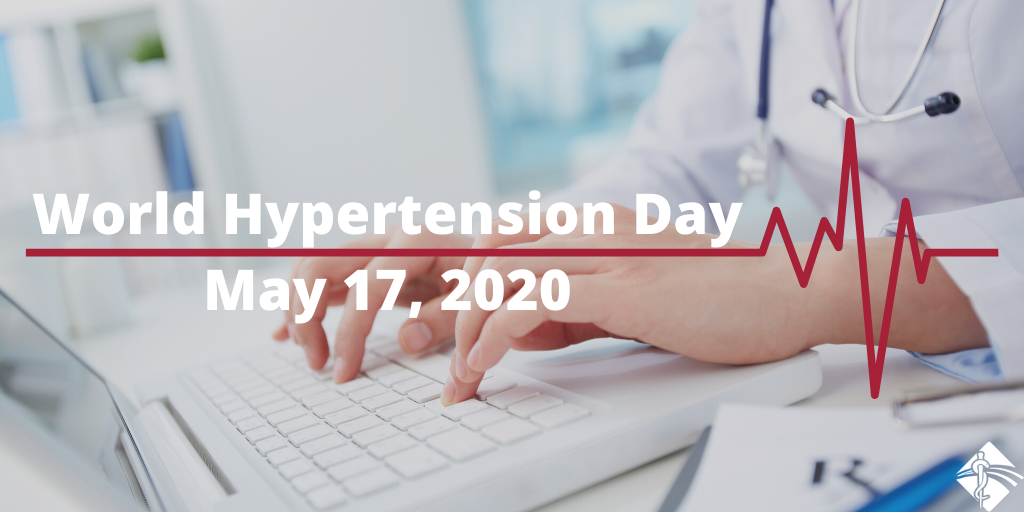



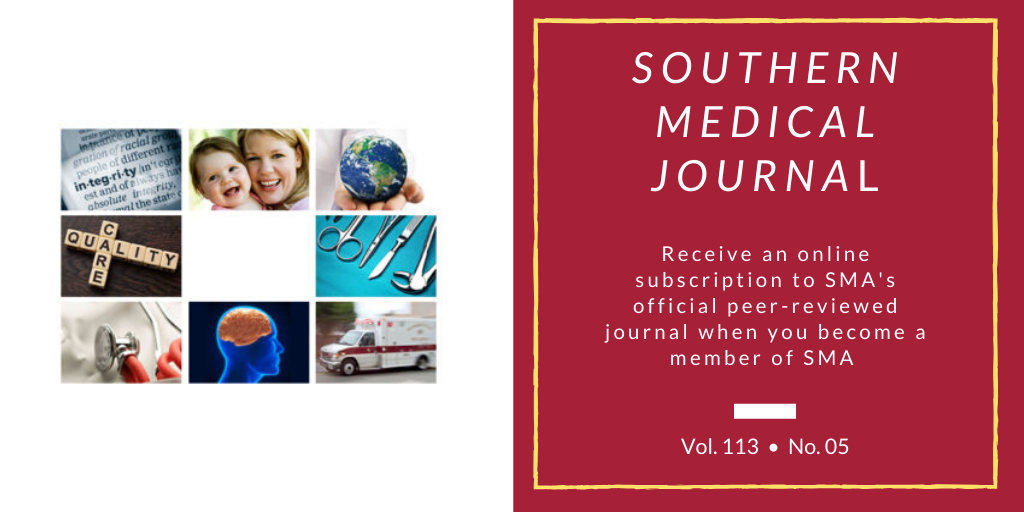
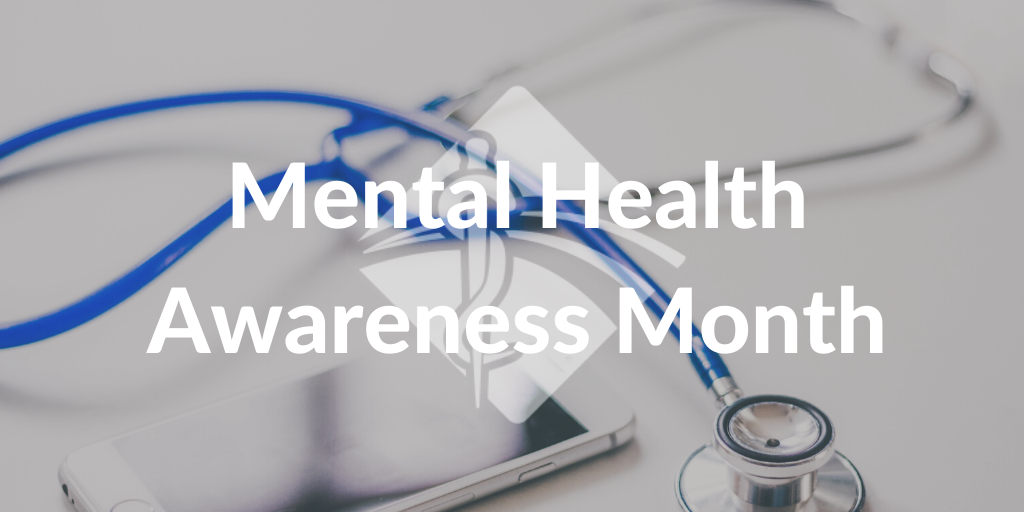
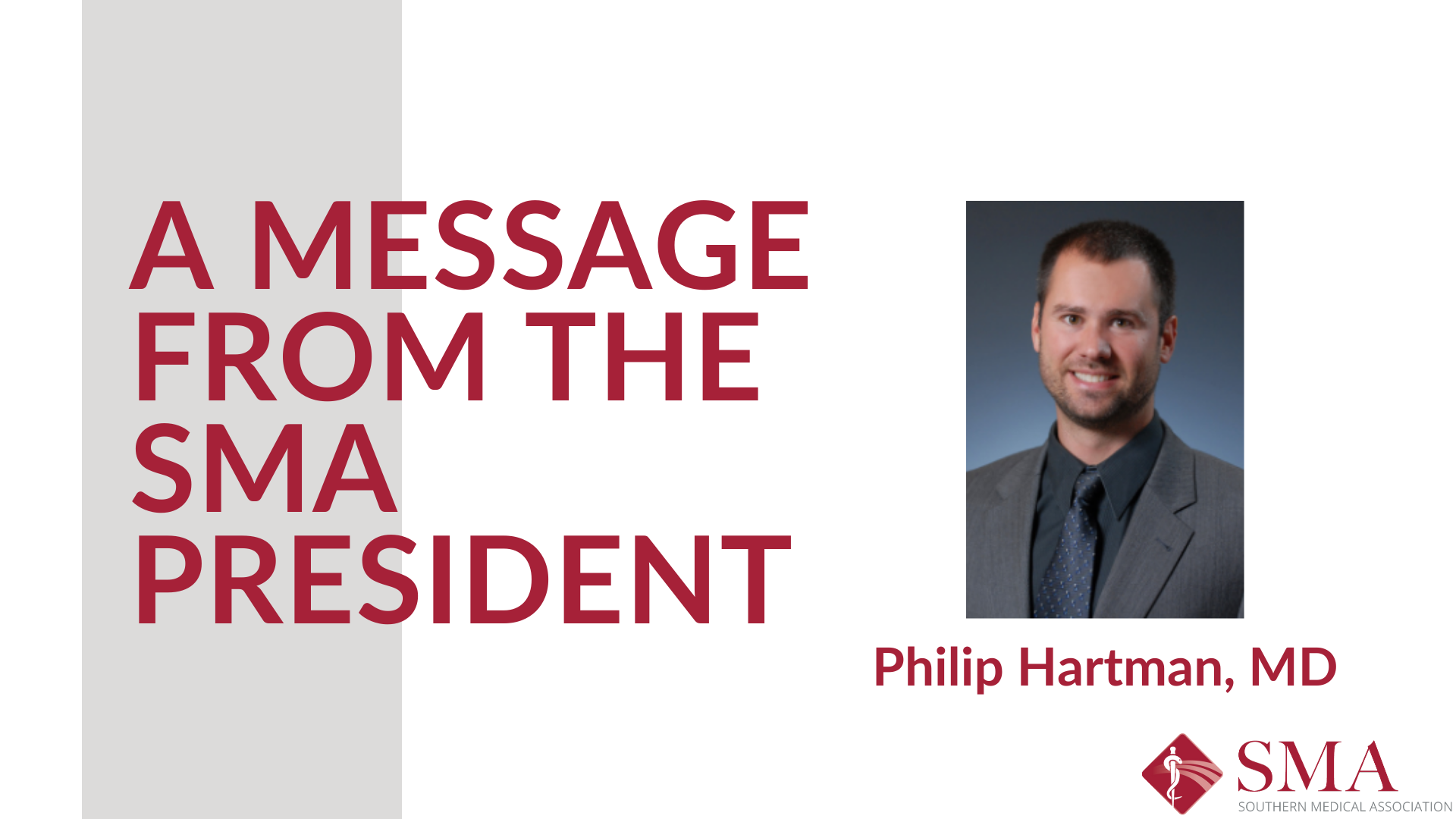
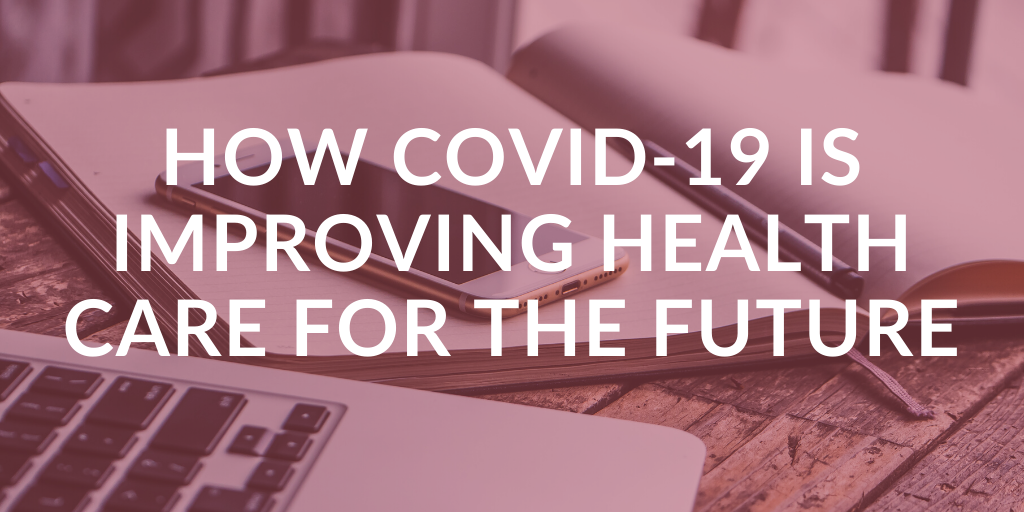
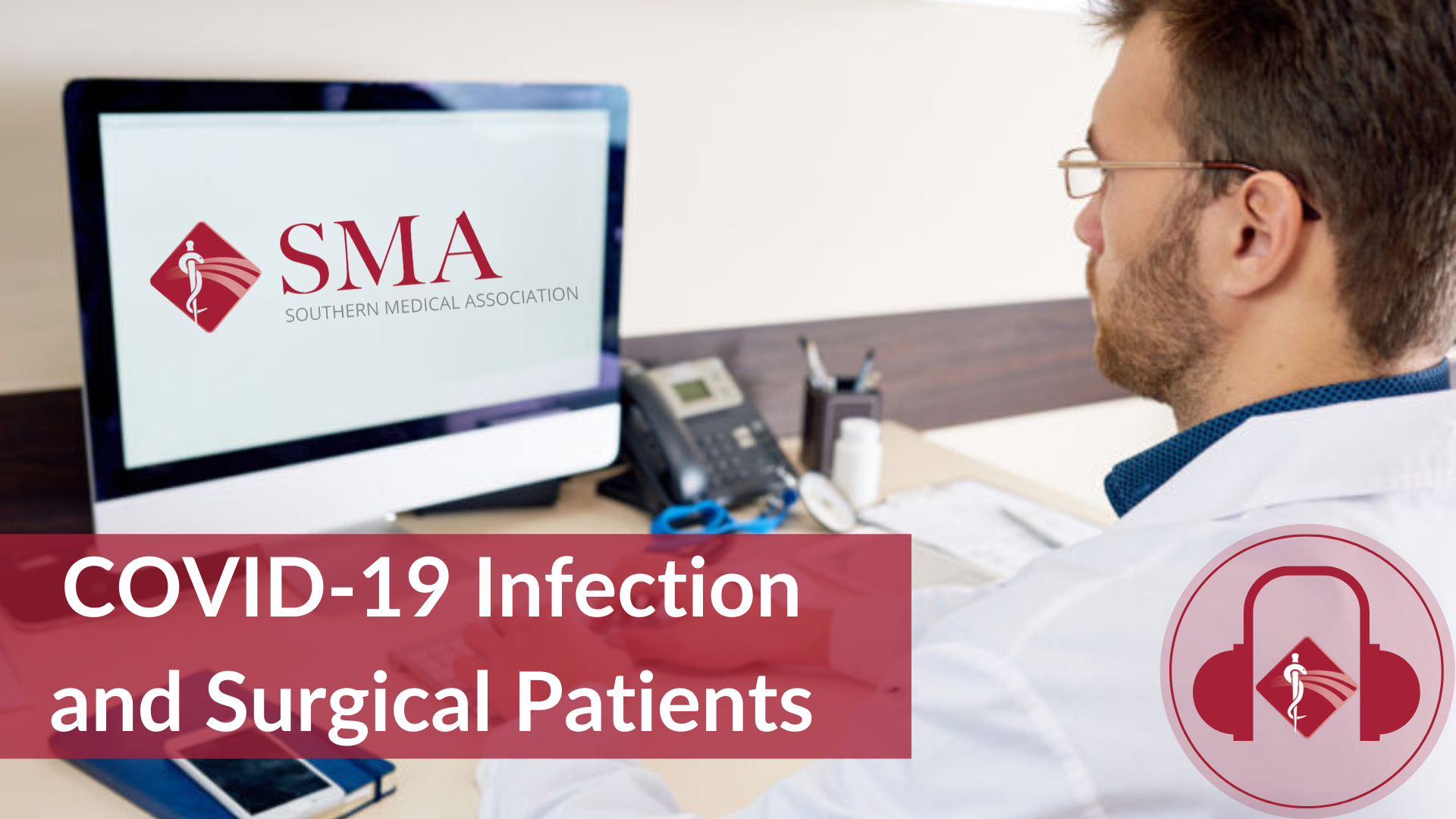
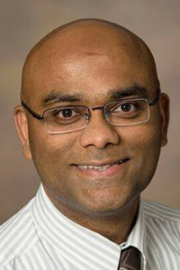 Dr. Iyoob Ilyas
Dr. Iyoob Ilyas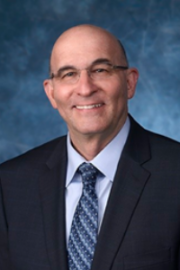 Fred Newmark
Fred Newmark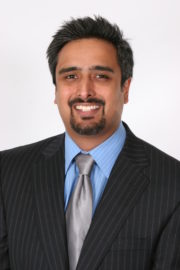 Andy Mohan, MD, MBA, MSc
Andy Mohan, MD, MBA, MSc
 Kevin Johnson, MD, MS
Kevin Johnson, MD, MS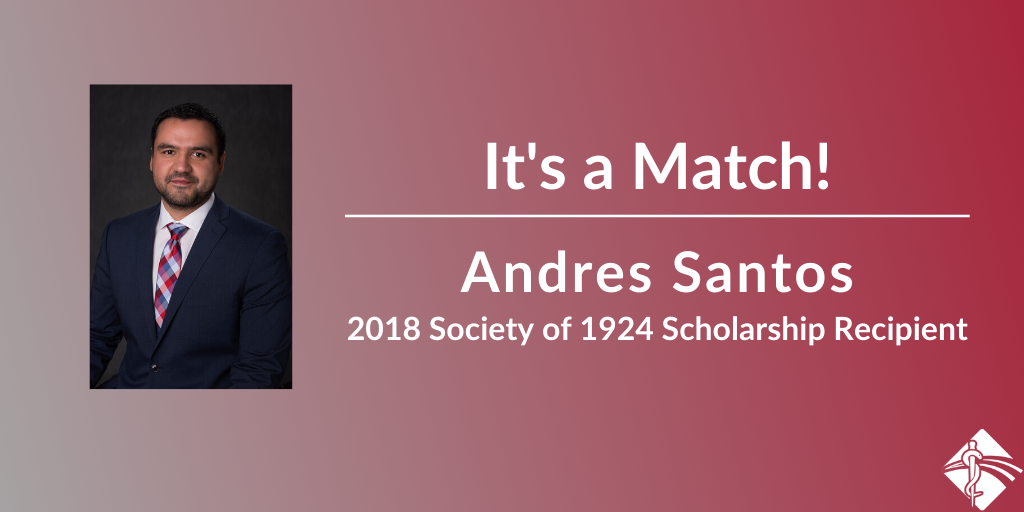
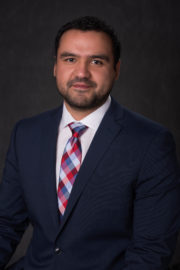 Andres Santos is a 1st year resident who started his pathology residency training at the Brigham & Women's Hospital at Boston, Massachusetts. He completed medical school at the Texas Tech University Health Science Center Paul L. Foster School of Medicine in El Paso, Texas.
Andres Santos is a 1st year resident who started his pathology residency training at the Brigham & Women's Hospital at Boston, Massachusetts. He completed medical school at the Texas Tech University Health Science Center Paul L. Foster School of Medicine in El Paso, Texas.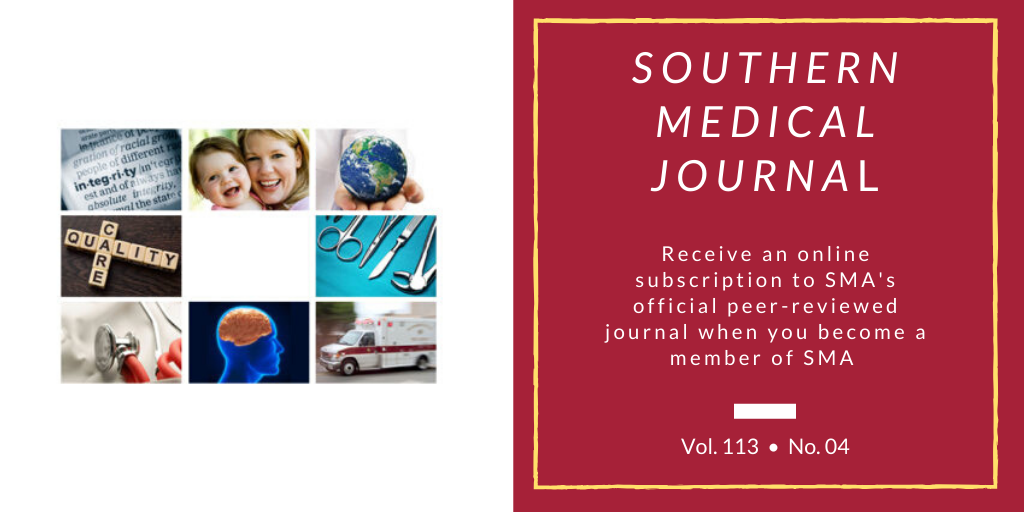

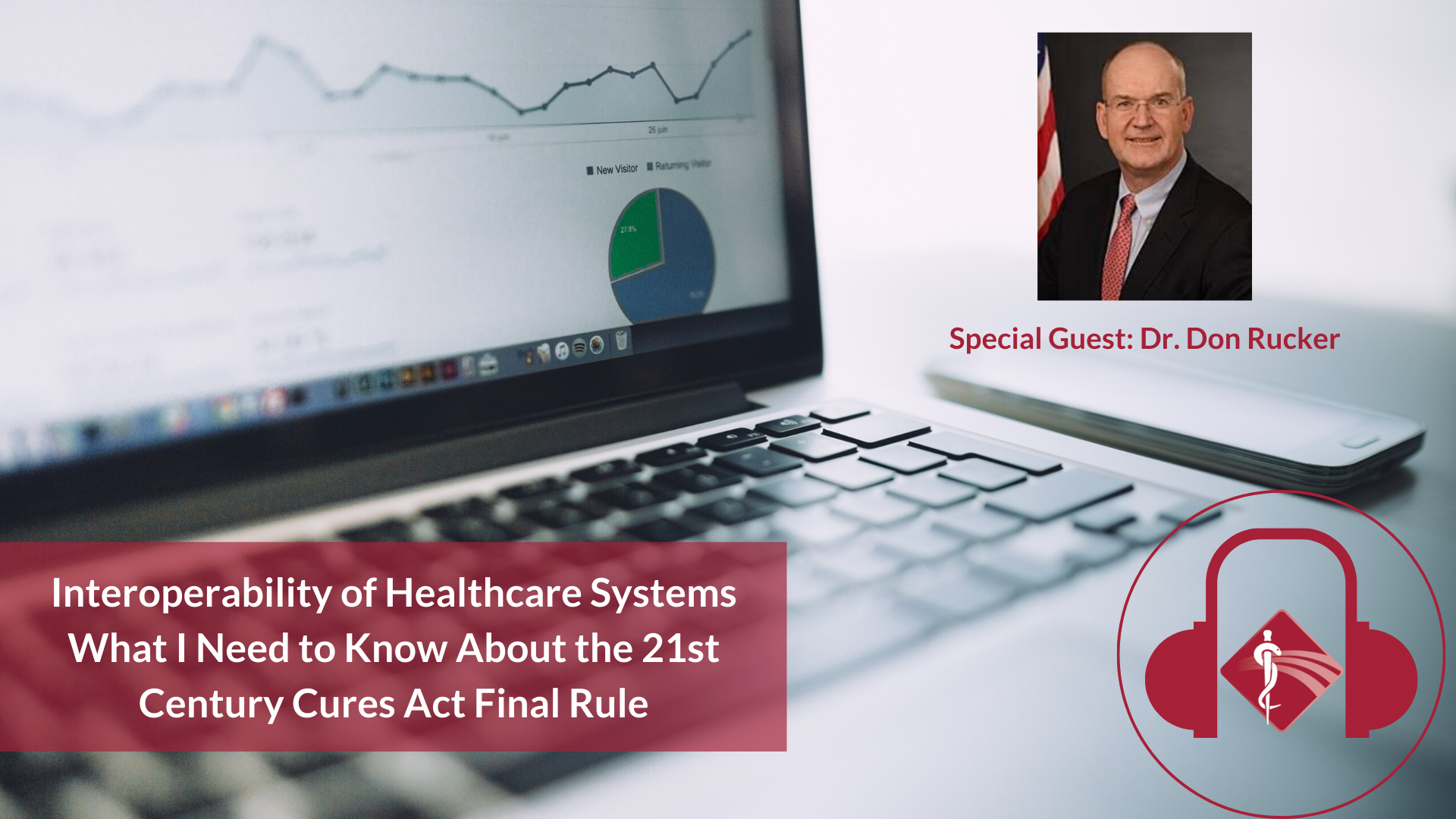
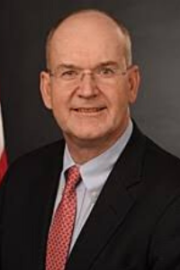 Dr. Don Rucker
Dr. Don Rucker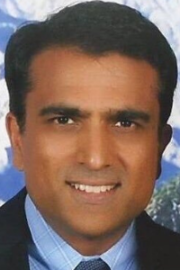 Deepak Mohan, MD
Deepak Mohan, MD
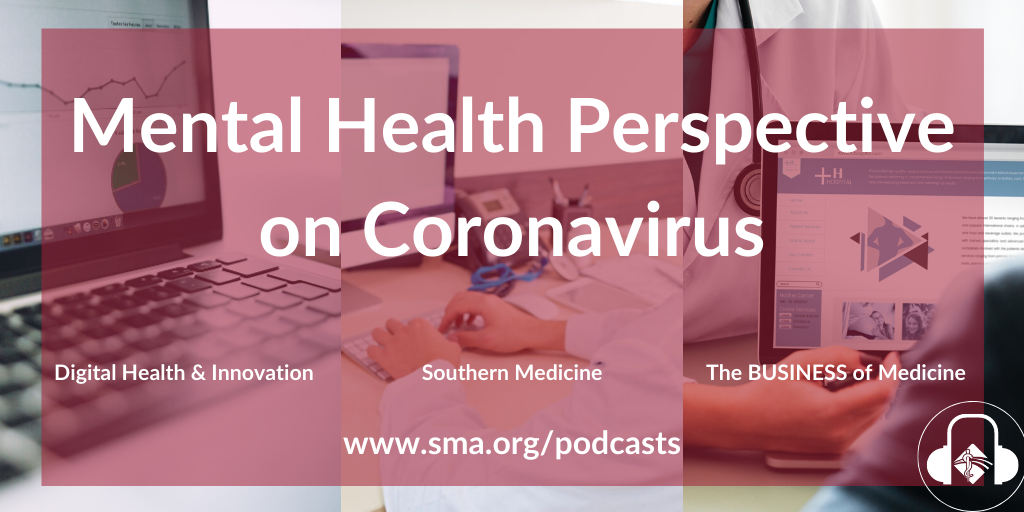

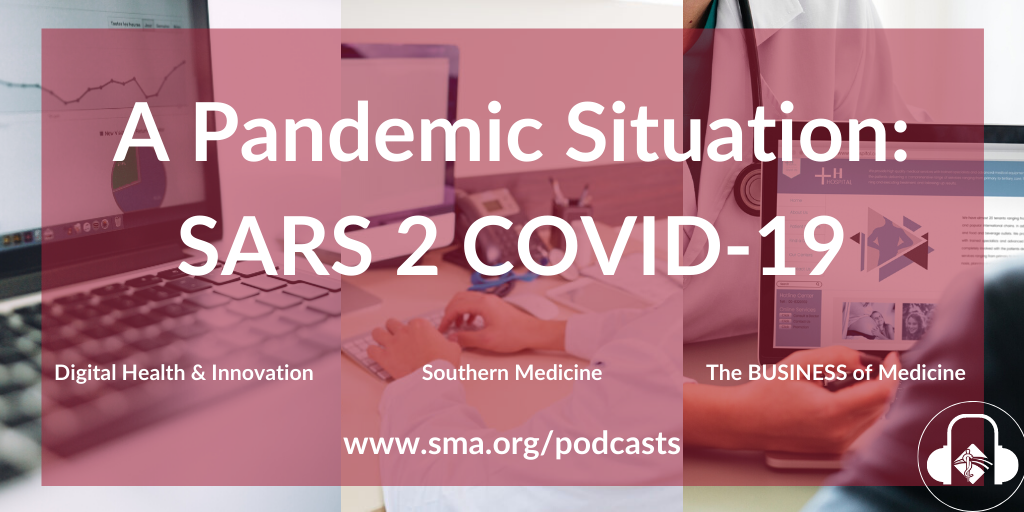
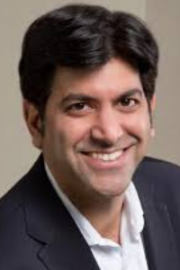 Aneesh Chopra
Aneesh Chopra